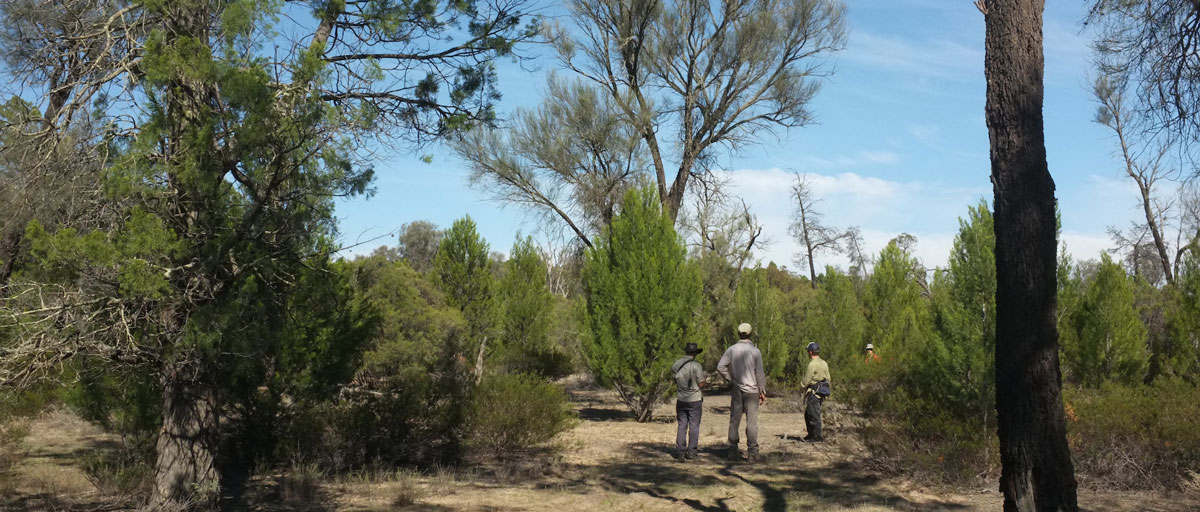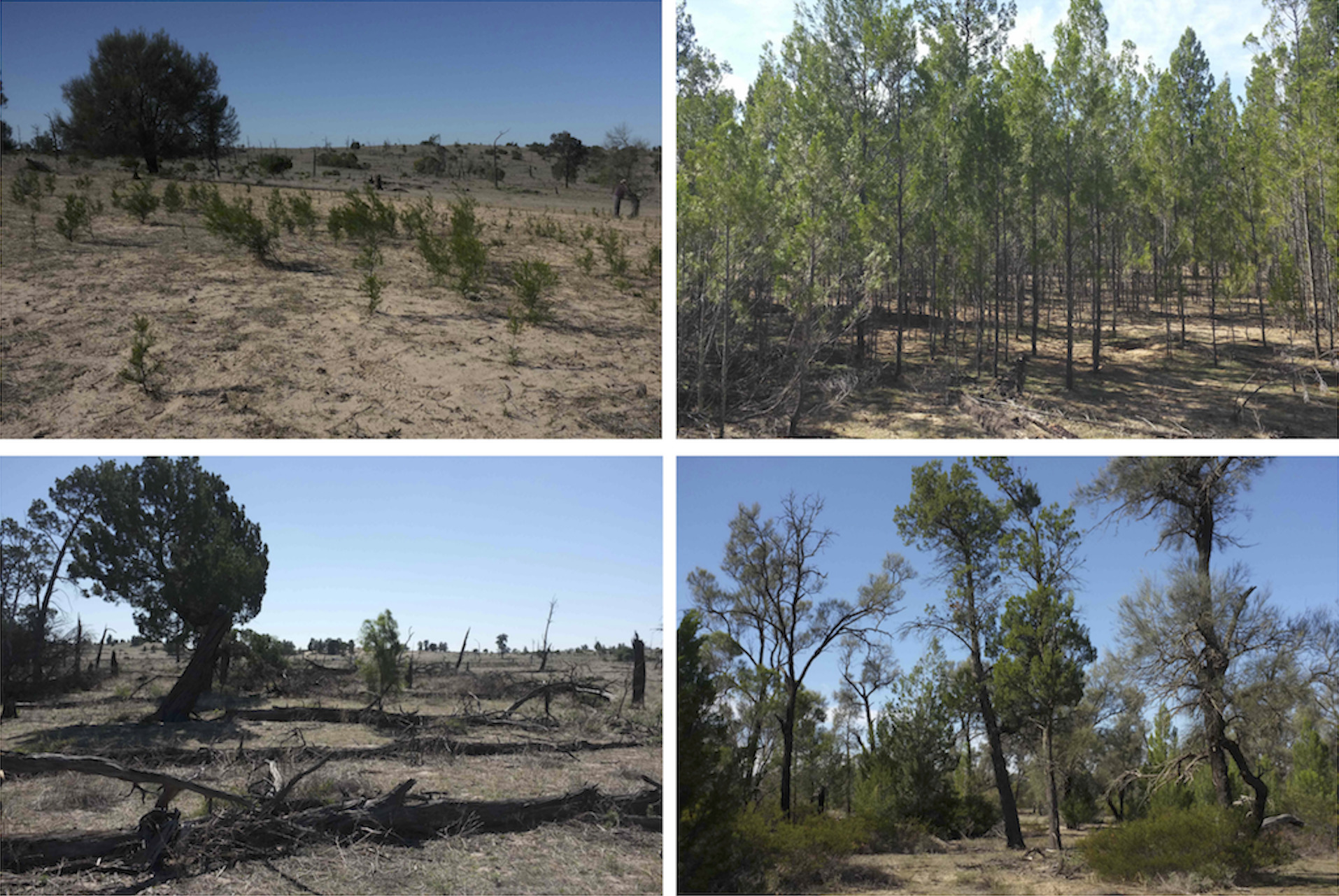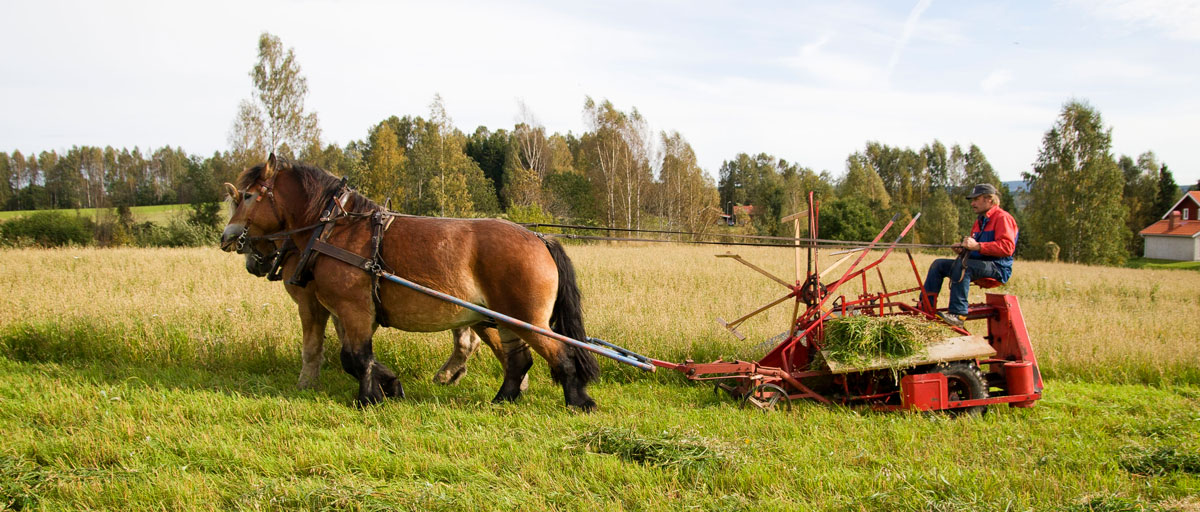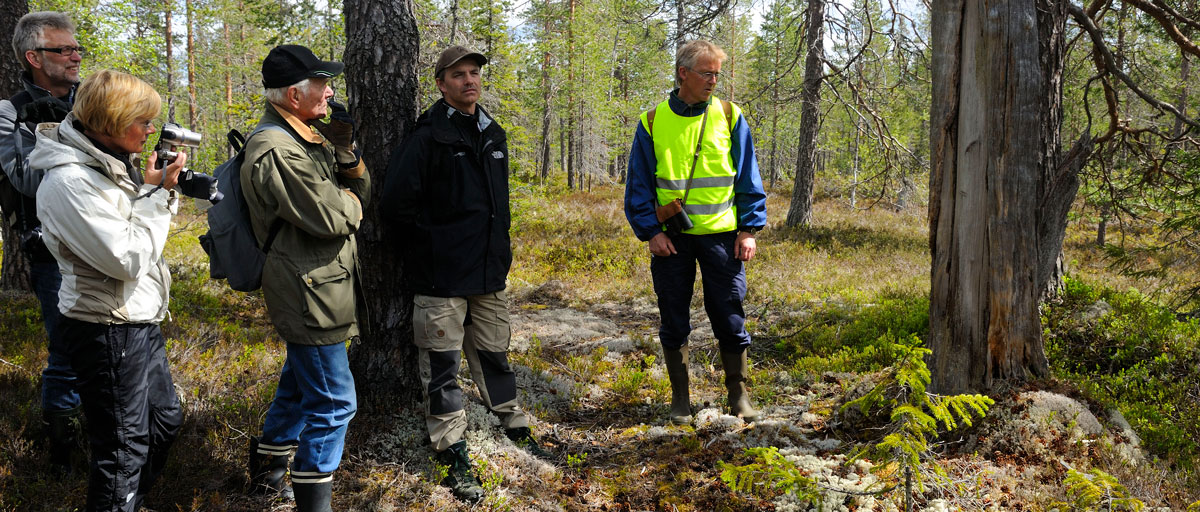
A new study follows the practical challenges faced by ecologists in the remote, semi-arid Wildlands National Park. The study demonstrates the variety of factors that ecologists need to consider to produce workable monitoring designs that can produce usable knowledge. Photo: S. West
Bildtext får vara max två rader text. Hela texten ska högerjusteras om den bara ska innehålla fotobyline! Photo: B. Christensen/Azote
ADAPTIVE MANAGEMENT
Practice makes perfect
Why the idea that scientific expertise rests on the strict application of pre-determined technical methods is misplaced
- Ecological monitoring plays a central role in adaptive ecosystem management, but ecologists have found its ‘on-ground’ application challenging
- Authors’ research in an Australian national park suggests that adopting a ‘practice perspective’ rooted in pragmatist philosophy and relational thinking can help address this theory-practice gap
- To produce usable knowledge, ecologists must draw on experience and judgment to carefully navigate between the goals of management, the field methods and statistical tools available, logistical factors and ethical considerations
Put yourself in this situation: you arrive in a remote Australian national park and are told by the park managers that kangaroos are grazing on the seedlings of threatened tree species, preventing regrowth. The managers tell you that they want to understand when and where this is happening, so that they can help the seedlings survive while also maintaining a sustainable kangaroo population. You are tasked with producing the knowledge that will help them to devise a solution to the problem. How would you go about it?
Conventional approaches to understanding applied scientific expertise suggest that ecologists address situations like this by strictly “applying” the pre-existing technical knowledge (e.g. of sampling and modelling procedures) they have learned at university to produce objective, definitive knowledge about the situation at hand. However, this is easier said than done. Every real-world situation is different, and no textbook can provide guidance on how exactly to “apply” a given procedure in every potential situation. How then do they bridge this apparent ‘gap’ between theory and practice?
A new article by written by centre researcher Simon West together with Ruth Beilin (University of Melbourne) and Hendrik Wagenaar (Kings College) suggests that a ‘practice perspective’ is useful for understanding how ecologists use their tools to produce usable knowledge for ecosystem managers. Practice theory, they argue, flips conventional models of scientific expertise. Rather than focusing on what scientists know, a practice perspective focuses on what scientists do and say in their day-to-day activities. This reveals the ways in which ecologists draw on embodied experience, improvisation, and dialogue in their attempts to deploy their tools effectively.
Adapting adaptive management
Rooted in pragmatism, adaptive management (AM) is based on the idea that ecosystems are so complex and ever-changing that our knowledge of them will always be incomplete and uncertain. The only way we can seek to manage them is through “learning-by-doing,” where management actions are treated as experiments to monitor and learn from. AM therefore calls for new understandings of scientific expertise. However, conventional ideas about science are powerful and often still shape the expectations of scientists and managers engaging in AM.
These conventional expectations do not bode well when working in complex applied ecological and management situations. Scientists who expect to simply “apply” their technical tools to solve management problems are often left frustrated and disillusioned when management goals are multifaceted, expected funds are not available, or personnel changes. Managers in turn are disappointed when the “certainty” of what to do next promised by science does not materialise. This has led to a frustrating disconnect between expectations and experiences of AM.
West and colleagues recommend shifting perspectives – rather than seeing these practical issues as ‘barriers’ to effective AM, they suggest that these are precisely the realities of the world that AM was developed to help navigate.
We need to develop ways of thinking that value the ‘messy,’ open-ended processes of applied science as important aspects of learning in a complex world
Simon West, lead author
Questioning knowledge
West and colleagues’ article follows the practical challenges faced by ecologists in an Australian AM project. Overgrazing by kangaroos appears to be placing more pressure on already endangered Pine-Ironwood woodlands in the remote, semi-arid Wildlands National Park (the ecological names and place locations are pseudonyms to protect the participants’ anonymity).
Since the 1990s park authorities have actively culled kangaroos with the twin goal of regenerating vegetation and stabilizing kangaroo populations. To estimate desirable kangaroo numbers, park managers have followed the “rainfall model” that uses rainfall as a proxy for vegetation regrowth – but the model no longer seemed to be helping to meet restoration objectives and the authority felt “stuck.”
The park authorities contracted two university ecologists to help them come up with a solution. While the task initially seemed fairly clear, things became much more complicated when the ecologists entered the park for the first time. The landscape was unexpectedly “patchy,” and the ecologists found it difficult to use their tools in ways that would produce reliable knowledge and meet the goals of management. The authority did not know exactly what would be useful to know, and the ecologists did not know exactly what would be possible to provide. The ecologists navigated this tricky situation by spending time in the landscape, improvising with their tools, and having extended conversations about their experiences. Through these embodied experiences, the ecologists arrived at informed practical judgments of how to proceed.
As West explains, “Our practice perspective is rooted in pragmatist philosophy and relational thinking enabling us to trace in real time the myriad experiential, situated, practical judgements made by the scientists to navigate the tricky dilemmas they encounter – and thus highlight the messy complexities of scientific knowledge production!”

A patchy landscape. Clockwise from top left: Pine seedlings on a sandy ridge; dense, plantation style recruitment of Pine saplings; mixed Pine‐Ironwood woodland with continuous recruitment and multiple age classes; senescing Pine woodland with scarce recruitment. Photo: S. West
Learning to listen
By using the example of the Wildlands national park, West and colleagues demonstrate the variety of factors that ecologists need to consider to produce workable monitoring designs that can produce usable knowledge. Among other things, ecologists must navigate between the goals of management, the field methods and statistical tools available, logistical factors and ethical considerations.
Because these factors are all interrelated and are continually changing through time, crucial skills include improvisation, situated awareness and practical judgment. While these skills are not traditionally part of ecological training, they are well known to ecological practitioners.
The authors argue that - in a time where ecologists are expected to help solve environmental challenges - making these skills explicit can help researchers to listen and respond more effectively to the present realities of the complex worlds we live and work in.
Methodology
Data was collected over the course of one field observation event and 12 semi-structured interviews conducted with participants in the Wildlands Adaptive Management project. A deductive thematic analysis was applied to the data corpus. The thematic coding scheme was derived from Cook and Wagenaar’s (2012)* theory of practice – “actionable understanding”, “on-going business”, and the “eternally unfolding present”. See article’s appendix for more details.
* Cook, S. D. M., & Wagenaar, H. (2012). Navigating the eternally unfolding present: Toward an epistemology of practice. The American Review of Public Administration, 42(1), 3–38. https://doi. org/10.1177/0275074011407404
West, S., Beilin, R., Wagenaar, H. 2019. Introducing a practice perspective on monitoring for adaptive Management. People and Nature, https://doi.org/10.1002/pan3.10033









